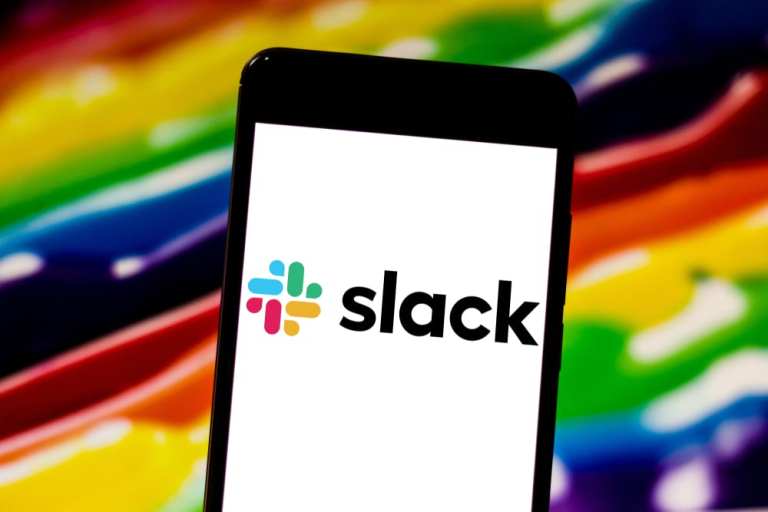Slack, Like Spotify, Chooses Direct Listing To Go Public

Messaging company Slack is planning to use a direct listing method to go public instead of an IPO, according to CNBC.
A direct listing, which Spotify used when it went public in April of 2018, means that Slack won’t have to use underwriters (go-betweens that buy shares and then sell them to the public). The shares will simply start trading on the New York Stock Exchange (NYSE).
Most companies don’t use direct listings because they are untested — and when Spotify did it, the main worry was that because there’s no initial price, there’s no way to know where shares would start. There was also the fact that there was no lockup period, so all of the stock was available. This potential volatility led many to worry that the listing would be chaotic.
However, that wasn’t the case. Spotify set a reference price of $132 based on recent trades done in private. The stock hit the market at $165.90 and closed at $149, which is an increase of around 12 percent.
Slack Technologies has set a reference price of $26, and Renaissance Capital is estimating that about 47 percent (283 million out of 599 million) of the shares will be immediately available for trading. Slack is actually restricting sales for people who purchased private stock under a year ago and others who hold significant positions within the company.
The six largest shareholders are Accel, Andreessen Horowitz, Social Capital, CEO Stewart Butterfield, SoftBank, and co-founder Cal Henderson, and they have control of around 60 percent of shares. Even though some are restricted, if a lot of them choose to hold onto their stock, it could cause issues.
Many IPOs this year have been very successful: Beyond Meat is up 580 percent, PagerDuty is up 127 percent and Pinterest is up 52 percent. The other two notable IPOs this year are Lyft and Uber, which are both down 11 and 3 percent, respectively. However, the ride-hailing industry is one that’s seen as having a difficult road to profitability.